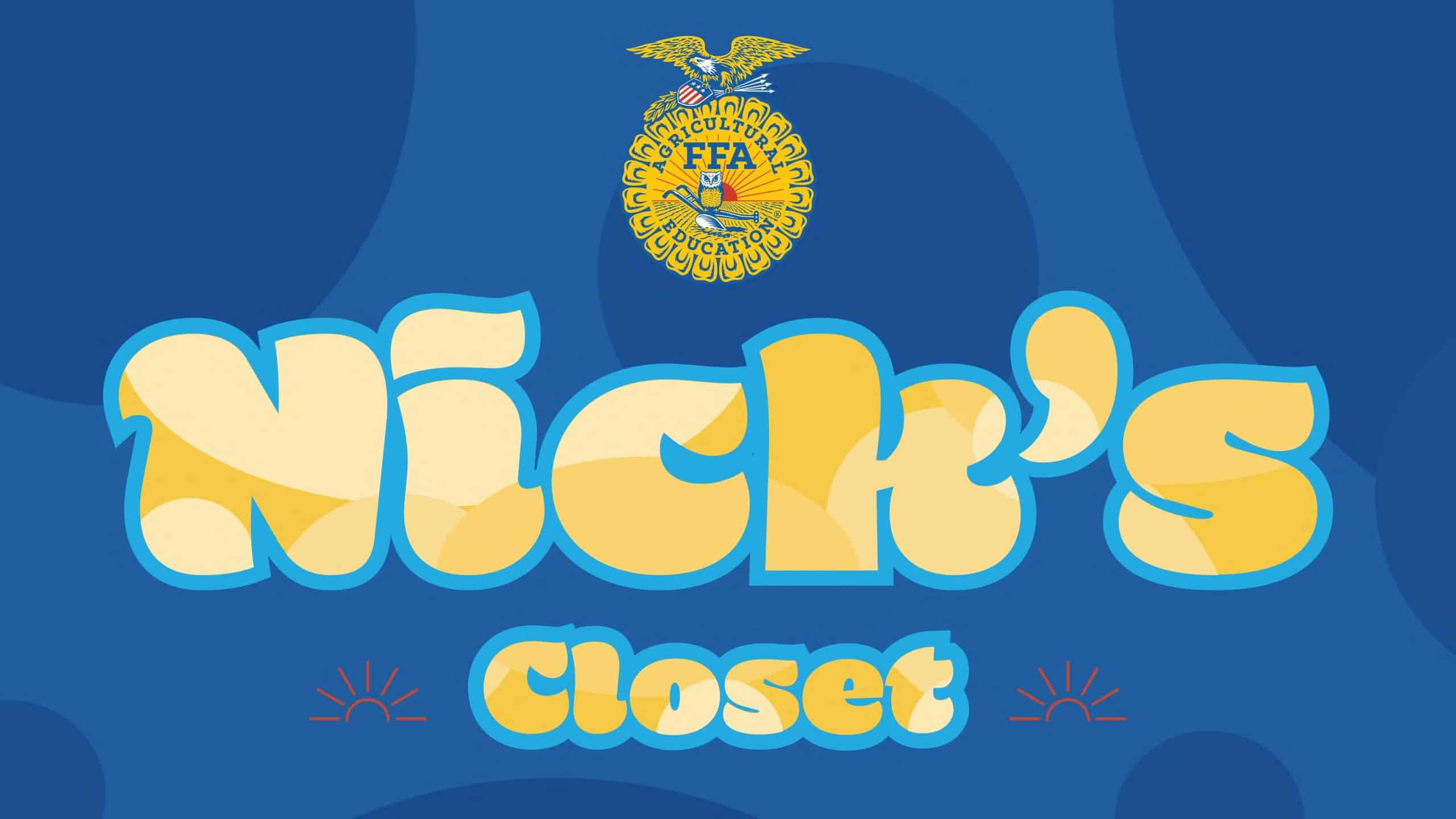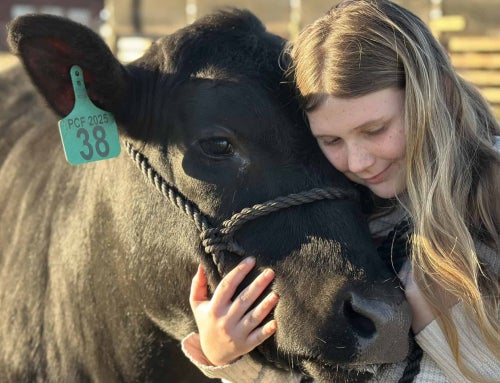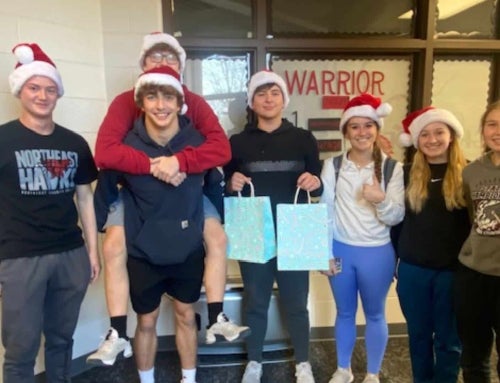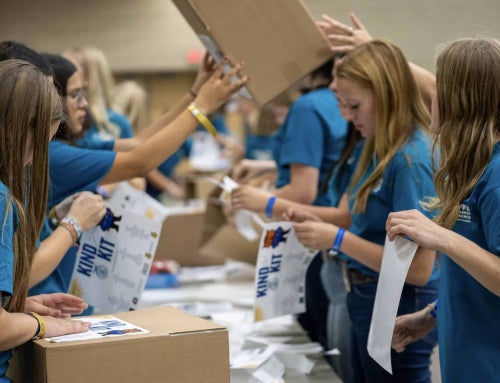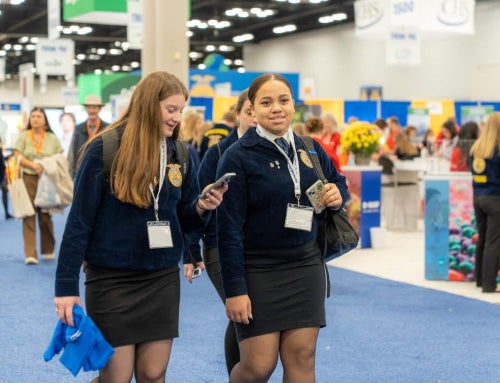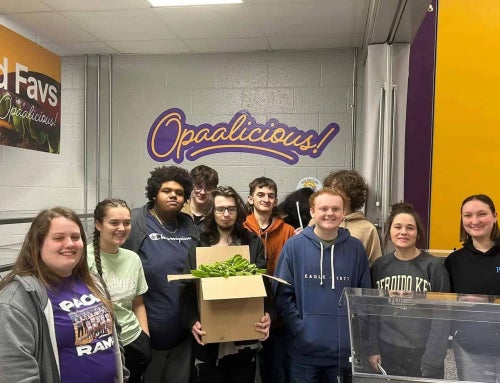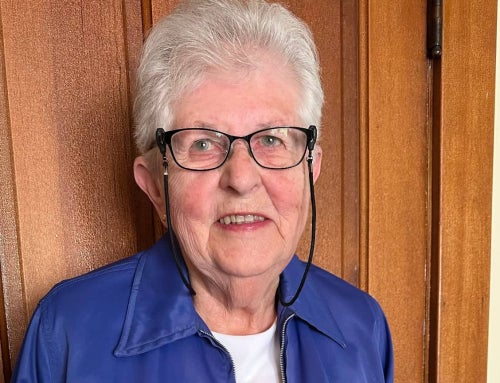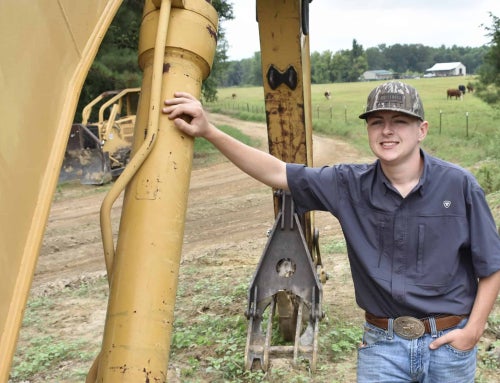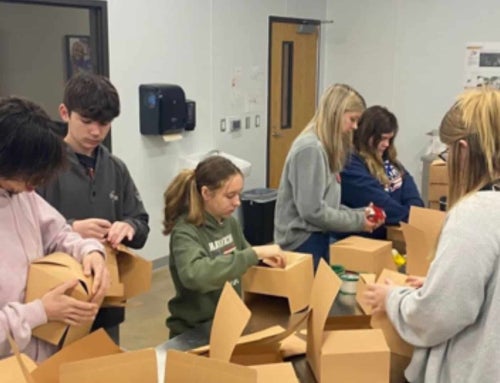Nicholas Elizalde’s spot at Walter B. Saul High School, a special admissions agricultural high school in the School District of Philadelphia, was secure.
The 14-year-old was enrolled in a natural resources management course — one of four subject areas including animal science, plant science and food processing — that Saul students rotate through before choosing their focus. The 130-acre school campus includes a working farm and instills leadership skills and an appreciation for agriculture in urban students.
Elizalde was enthusiastic about ecology and the environment. He had also joined the nearby Roxborough High School football team because Saul doesn’t offer football.
Then, three weeks into classes, tragedy struck.
Elizalde was leaving a junior varsity scrimmage with teammates when he was caught in an ambush. Five juveniles fired more than 60 gunshots, hitting five of the football players and killing one: Nicholas “Nick” Elizalde, who police described as an innocent victim. Another teen, not a Roxborough High School student, who was walking nearby, is believed to have been the target.

Nick Elizalde
Moved to Do
When MeeCee Baker, a former Pennsylvania high school agriculture teacher, heard the news, she felt it deeply. She remembered how devastating the loss of a young person is to a community. She had lost five students in automobile accidents during her 20-plus years as an FFA advisor.
She also resonated with Elizalde’s story. He was the only child of a teacher. Baker also has only one child. And she knew that to attend Saul, Elizalde had been serious about wanting to learn about agriculture.
“The freshness of the school year with all the positives that lie ahead, and for this tragedy to occur, it just moved me to move,” Baker says. “Sometimes you know you have to do something; you just don’t know what to do.”
Creating Nick’s Closet
Baker reached out to Gail Koskela, Saul’s livestock teacher, who, after talking with the administration and faculty, suggested creating an FFA Official Dress closet. The school tries to keep a supply of FFA jackets available for students to borrow, but the jackets were becoming “well loved,” Koskela says. With more than 500 students, all of whom are FFA members, acquiring full Official Dress can be a barrier to participation for students.
Working with the school, Baker set a goal: to provide 100 sets of Official Dress, including jackets, shirts, ties/scarves, pants, belts, socks and shoes, as well as clothing racks and shelves, storage tubs, sturdy hangers, garment bags, a steamer and signage to designate the closet as “Nick’s Closet.”
As a second goal, Baker wanted to provide polo shirts for all 550 students, faculty and staff members to wear during other school and leadership activities, such as at Junior MANRRS (National Society for Minorities in Agriculture, Natural Resources and Related Sciences) events.
Supporting Students
Baker started a GoFundMe campaign in October 2022 with the goal of raising $45,000 for the project. Soon, she started receiving calls and checks from individuals and agricultural organizations across the country, including a $5,000 pledge from the Pennsylvania Pest Management Association made after a member stood up during its annual meeting and said, “We are nothing if we don’t support kids.”
That individual personally added $1,000, moving others to give as well, and the donation enabled Baker to order all the pieces of clothing she hoped for.
After just two months of fundraising, generous donors have pushed Baker over her goal. The polo shirts with a logo provided by the school will be ordered. With extra funds donated, each Saul student who attends the FFA conference at the Pennsylvania Farm Show in January — in Official Dress — will receive $25 to enjoy lunch.
“If there’s a particular kid who can’t get the right items for Official Dress, it’s not a problem anymore,” says Koskela, who says in the past teachers have stepped up to buy a shirt or pants for students. “Now the industry is speaking out and saying, ‘We want you. You are welcome.’”
Lasting Legacy
The support seen from the agriculture industry is perhaps the most impactful piece for Saul’s students, says Koskela, who has been keeping them informed and excited about the progress and their supporters: “It feels like a real family welcome.”
That’s exactly what Baker was hoping would come of the project. She wanted to lift the Saul community up and show them people care, and she is overwhelmed by the ripple effect she has seen in the community.
“At the end of the day, this is about the life of this young man continuing to spread light in the darkness,” Baker says. “And we have seen so much light come from this. It is probably the most impactful effort I have organized in my life.”
Companies who have learned about Saul through Elizalde’s story have expressed interest in hiring and otherwise supporting Saul students in the future, Baker adds.
“We want FFA members everywhere to know we’re in a caring industry,” Koskela says. “Appreciate every opportunity you’re provided as an agriculture student because the loss of Nick drives home that you don’t know what tomorrow is going to bring.”


